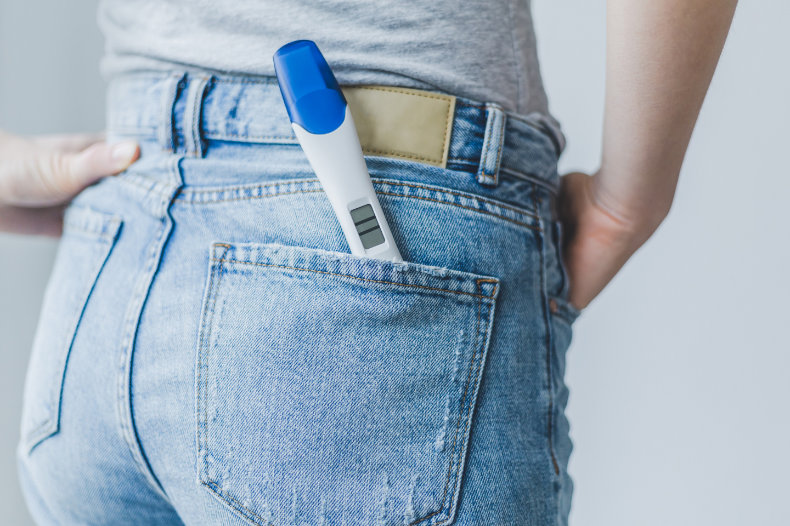Pregnancy implies a number of physiological, hormonal, and emotional changes for every woman. Some women enjoy this beautiful period without the slightest difficulty; others spend their entire pregnancy on bed rest. How do women experience and perceive these nine months after IVF?
Artificial insemination. How does it work?
After hormonal stimulation of the ovaries (or in her natural cycle), eggs are retrieved from each woman undergoing IVF. These eggs are then fertilized with the partner’s sperm using the most suitable method (ICSI, PICSI, and others) to create embryos. These embryos are then cared for by embryologists in the laboratory. Once they are at the right stage of development, i.e., the blastocyst stage (5-6 days after fertilization), a biopsy (taking a few cells) is performed. These cells are then tested using the MiSeq machine, which allows thousands of DNA sections to be scanned to detect genetic mutations. The most promising embryos with a normal number of chromosomes are then frozen, and in one of the subsequent cycles, one is transferred into the woman’s uterus.
Pregnancy. Two lines on the test, and I’m not pregnant?
Every month, even for several years, only one line appears on your pregnancy test over and over again. Every month you go through a lot of unhappy days and crying nights. So, after undergoing IVF, you hope that things might finally work out now, and you can’t wait for the right time to take a pregnancy test.
It will probably be difficult for you, but follow your doctor’s instructions and really do the test no earlier than day 10 after the transfer. This is because the drugs used to induce ovulation could cause you to get a false positive, which could only bring you further disappointment.
“Pregnancy after IVF is special, it’s no different than the traditional one (at least I think), but the special thing about it was the feeling that we knew from the beginning that somewhere, outside of our body, our baby/children were developing. Moreover, from the moment we put the embryo in the uterus, we knew it was there somewhere and we were just waiting to see if it would take hold or not. Waiting for day 14 after the transfer was probably the longest 14 days of my life. The joy when I saw two little lines on my test for the first time in my life is indescribable. I waited anxiously for every check-up to see if everything would be okay… It was. I felt, and still feel, gratitude for the outcome and for the skills of all the professionals who made it possible for us to have our son. “ Lenka

Negative or positive test result – what now?
14 days after the embryo transfer, whether your test is negative or positive, the doctor will check the level of hCG hormone in your blood and perform an ultrasound examination. A high level of this hormone and a visible gestational sac on the ultrasound will confirm your pregnancy This ultrasound needs to be repeated in another 14 days, and if your baby is developing correctly and heart activity is confirmed, you are referred back to your attending gynecologist.
Before and during the early stages of your pregnancy, you will be taking medications also used throughout the IVF cycle, such as gestagens. This is in order to prepare your uterine lining for the embryo transfer and also to prevent premature birth.
Put negative thoughts aside. Enjoy your pregnancy.
For a woman who has had several miscarriages or has been longing for a child for perhaps even 10 years, it is very difficult to take everything about pregnancy lightly. She wants the whole 9 months to go smoothly, but often fears that something might go wrong are much stronger.
“Like every mum-to-be, I had all sorts of feelings and emotions fighting inside me, and I was worried about whether our baby would be okay. But when I saw our Christine for the first time at the ultrasound and heard her little heartbeat, I kind of knew that everything was going to be okay.” Misha
How does pregnancy develop after IVF?
Pregnancy after IVF is not much different from the “conventional” one. So try to banish any negative thoughts, and don’t be afraid to talk about them with your partner and family or seek help from a psychologist. Alternative medicine can also help you get rid of negative feelings – Bicom Bioresonance, herbs or acupuncture, for example. These methods are often used before the embryo transfer itself.



